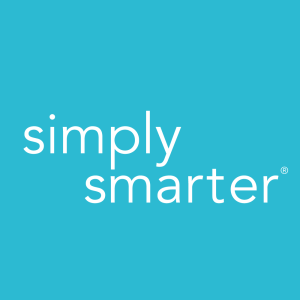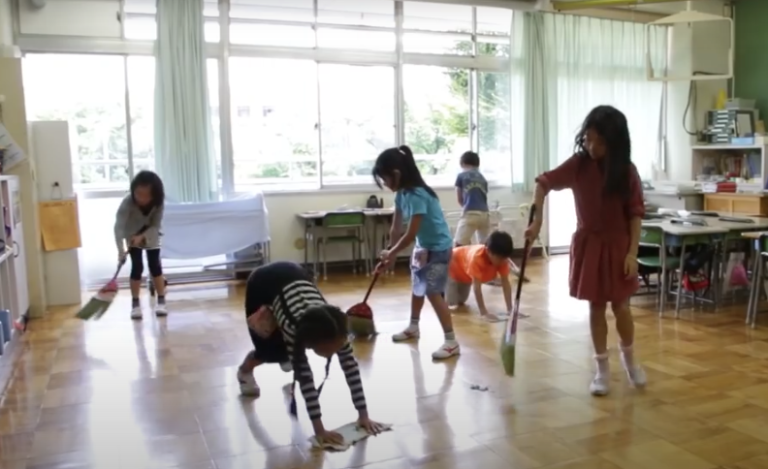All Our Mothers Need to Be 10’s (and Our Dads Too!)
by Robert J. Doman Jr.
 One of the things I have learned and have had reinforced on an almost daily basis is that raising children is not an easy deal. In fact, for many of us it’s the toughest, most challenging thing we ever do. And we’re not just talking about raising kids with developmental issues. It’s the “typical” ones that have you pulling your hair out and keep you up at night worrying about tomorrow (let alone their futures), to which many of our parents will attest.
One of the things I have learned and have had reinforced on an almost daily basis is that raising children is not an easy deal. In fact, for many of us it’s the toughest, most challenging thing we ever do. And we’re not just talking about raising kids with developmental issues. It’s the “typical” ones that have you pulling your hair out and keep you up at night worrying about tomorrow (let alone their futures), to which many of our parents will attest.
I have had many professional moms leave their careers for periods of time to concentrate on their kids, who discover that really doing the job with their child or children is tougher than being a doctor or a lawyer or running a company. Kids aren’t easy!
Sadly, kids are not only not easy, they also require and demand that we be the best we can be, and that we stay at the top of our game, day after day and week after week.
Unfortunately, unless we parents are doing something to maintain or build our own basic abilities, we start to lose our processing power. (Let’s hope it was really good to start with.) As supported by the data in our Simply Smarter Project and the work of other researchers, our short-term and working memory often begin to decline in our twenties. The exceptions are those whose work and lives keep presenting new challenging information and problems to solve and those who actively work to maintain and develop their basic mental/neurological foundation, including their short-term memory, working memory, and executive function.
I believe that our moms who are actively working with their kids on their NACD program are probably maintaining fairly well, except for those who can’t get 8 hours of sleep, maintain a good diet, get exercise at least three days a week, and have time to take care of their mental health and basic brain function. (Perhaps it is a rather short list after all.)
At NACD we look at digit spans as a measure of our sequential processing. Many of you have discovered the difference that even a part of a digit of improvement in digit span can make in your children. You can see your child change as they work from that digit span of 3 to a 3.1, a 3.2, working their way up to a four. Every incremental change up or down impacts your overall function, whether that is change for the better or worse. Most of you have seen it in your children, and most of you know how significant and dramatic the change can be. If you are at a six and you move to a seven, you have done something to change your life and the lives of those depending on you. Processing affects that many things! Hopefully each step you take will motivate you to take another. Better is better! And we all can stand to be better. There is no downside to having better processing, to being able to learn better, think better, communicate better, and enjoy a fuller richer life. Obtaining a digit span of 10 is realistic. At a 10 you are functioning very, very well.
The truth is that our NACD dads need to be 10s as well. A lot of dads whose processing ability isn’t quite up to snuff don’t have the mental reserves, the ability to really get their heads around the issues and problems at home and with the children so that they can be of a lot of help, or sadly, even be much of a moral support. Bringing in a little more money wouldn’t hurt either.
As many of you have hopefully seen from our announcements, our programmers are going to permit us to put new people on our new Simply Smarter System Beta online program, but only up to the end of June. I am really excited about this program, which literally has thirty years of development behind it. We have been testing and developing this specific program for the past five years, and we have used it with over 2,000 individuals. The results are really super.
I am really proud of the science we have done to make this possible. Most of our families do some form of processing work with themselves or their children and kind of take the importance of it and the activities for granted. Most of you don’t know that the science behind this has originated with us at NACD. We have developed the understanding and significance of the pieces and created many tools to address these pieces. In addition, we developed the first “brain” software back in the early 80s, which operated on a Commodore Pet Computer using a cassette drive. We’ve come a long way since then.
The Simply Smarter System creates a totally individualized program that addresses auditory and visual short-term memory, auditory and visual working memory, and executive function, as well as visualization and conceptualization, essentially all of the key pieces that permit us to learn, think, and communicate. The program can generally be used by anyone with a digit span of 5 or above, whether they are age 5 or 105. This program today is a beta version–we are still adding bells and whistles and evaluating results and feedback; but as mentioned, the program has been used with over 2,000 individuals. Those of you who know us know that we never settle for anything as being “good enough,” so we will continue to learn and continue to develop the program.
I really encourage all of our NACD parents to do the program. We can’t function too well, and the better your function, the better job you can do with your children and for that matter, your lives. As an example of what this program can do for an adult, you might want to read this article about one of our first adults to use the program. (Read more in our article NACD Makes Adults Smarter Too, Dec 2010)
It’s not at all unrealistic to think that we could all be 10s with our processing. We can, and we should, and we need to be. The truth is that we can be even better than that.
Ten or fifteen minutes 3-5 days a week could make a significant, and possibly even a dramatic, change in your global function. “Global function” means your lives, virtually all aspects of your lives. I’ll be anxious to hear what you see and what you think of the program.
Those of you with children who are not on the program way want to have them take the summer to build their brains as well.
Reprinted from the Journal of The NACD Foundation (formerly The National Academy for Child Development)





